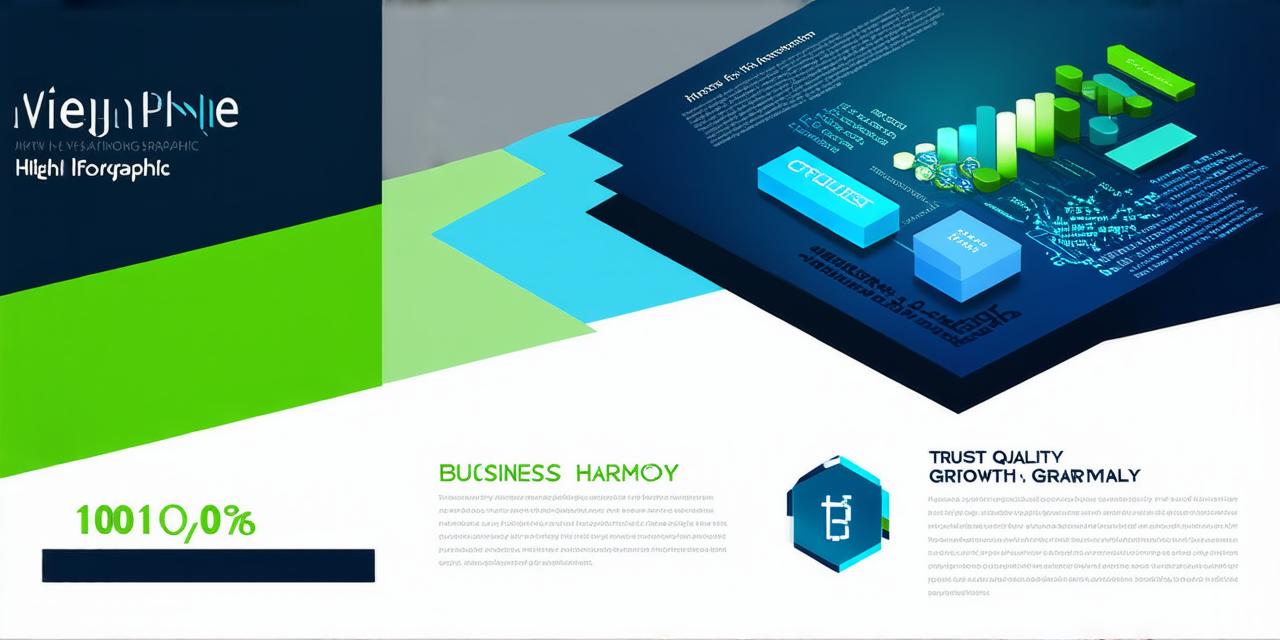Here’s the corrected HTML code for the article:

Development is an essential aspect of any business that aims to succeed in today’s fast-changing marketplace. It involves a continuous cycle of identifying areas for growth, developing strategies, implementing changes, and evaluating their effectiveness.
What is Development?
Development in business refers to the process of improving existing processes, products, or services to better meet customer needs and increase revenue. It involves a continuous improvement cycle where businesses identify areas for growth, develop strategies to address them, implement changes, and evaluate their effectiveness.
Key Factors that Contribute to Development Success
Understanding Customer Needs
To succeed in development, it is essential to understand your customers’ needs and expectations. This involves gathering feedback, analyzing market trends, and conducting market research to identify areas where you can improve your products or services.
Innovation
Innovation plays a vital role in development success. It involves developing new ideas, products, or processes that differentiate your business from competitors. Innovative products or services can create new market opportunities, generate additional revenue streams, and improve the overall competitiveness of the business.
Collaboration
Collaboration is essential for development success. It involves working with cross-functional teams to identify problems, develop solutions, and implement changes. Effective collaboration leads to better communication, shared knowledge, and more efficient decision-making.
Flexibility
Flexibility is critical for development success in today’s fast-changing business environment. It involves being open to new ideas, adapting to change, and being willing to pivot your strategy when necessary. Flexible businesses are better able to respond to market changes, customer preferences, and emerging technologies, leading to increased innovation and competitiveness.
Measurable Results
Finally, development success requires measurable results. It involves setting clear goals, tracking progress, and evaluating the effectiveness of your strategies. Measurable results help businesses understand what works and what doesn’t, enabling them to make informed decisions and continuously improve their processes and products.
Case Study: Amazon’s Development Strategy
Amazon is one of the most successful companies in the world, with a development strategy that has led to its dominance in the e-commerce industry. The company has implemented several key factors that contribute to its development success, including innovation, collaboration, and measurable results.
Innovation
Amazon continuously innovates by developing new products and services that meet the evolving needs of its customers. For example, the company introduced its Prime membership program, which offers free shipping, streaming services, and other perks, leading to increased customer loyalty and retention.
Collaboration
Amazon works with cross-functional teams to identify problems, develop solutions, and implement changes. The company’s culture of collaboration has led to better communication, shared knowledge, and more efficient decision-making.
Flexibility
Amazon is highly flexible and adaptable to change. The company has successfully pivoted its business model several times over the years, from an online bookstore to a global e-commerce giant, to a cloud computing provider, and even a smart home device manufacturer.
Measurable Results
Amazon places a strong emphasis on measuring its performance and setting clear goals for success. The company uses a wide range of metrics to track its progress, including revenue growth, customer satisfaction ratings, and market share. Amazon also invests heavily in data analytics and business intelligence tools, enabling it to make data-driven decisions and continuously improve its processes and products.
FAQs
What is development in business?
Development in business refers to the process of improving existing processes, products, or services to better meet customer needs and increase revenue. It involves a continuous improvement cycle where businesses identify areas for growth, develop strategies to address them, implement changes, and evaluate their effectiveness.
What are the key factors that contribute to development success?
The key factors that contribute to development success include understanding customer needs, innovation, collaboration, flexibility, and measurable results.
Can you provide a real-life example of a company that has successfully implemented a development strategy?
Amazon is a real-life example of a company that has successfully implemented a development strategy by focusing on innovation, collaboration, and measurable results. The company’s continuous improvement cycle has led to its dominance in the e-commerce industry.
